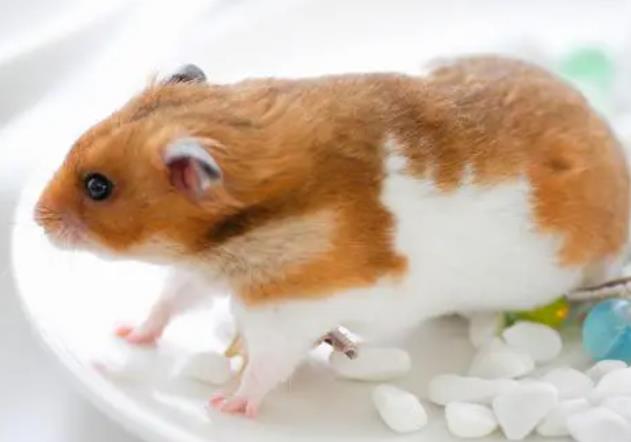The Main Reasons Why Hamsters Don't Eat, Drink or Move
Unfamiliar Environment: If a hamster has just been brought home, it may not have adapted to the new environment yet. Being afraid of the unfamiliar surroundings, it may be too nervous and emotionally sensitive to eat.

Being Frightened: After being frightened or stimulated, a hamster may also become listless and stop eating.
Disease Infection: When a hamster catches a cold, gets an intestinal disease, has internal parasites, suffers from hypoglycemia or gets injured with a broken bone, it will also show symptoms like lethargy, not eating or drinking.
Hot Weather: Hamsters have relatively poor heat dissipation ability. When the weather is extremely hot, they are prone to symptoms of loss of appetite and lethargy.
Overgrown Teeth: Overgrown teeth of a hamster may affect its eating.
Nocturnal Nature: Hamsters are nocturnal animals. Maybe we don't see them eating during the day because they are sleeping all the time.
Cold or Hot Temperatures: When the temperature is cold or hot, hamsters will also become less interested in food.
Stale Food: Stale food may also cause hamsters not to eat.
Already Full: The hamster may already be full or have eaten the stored food as a reward, but the owner doesn't know, so may think it's not eating.
Solutions
Adapting to the New Environment: Keep quiet and avoid disturbing the hamster. Wait for 2 to 3 days to let the hamster adapt to the new environment.
Avoiding Frightening: Avoid making noise or sudden movements near the hamster to give it a quiet environment.
Checking Health Conditions: Observe whether the hamster has abnormal symptoms such as diarrhea, damp hair around the anus, abnormal walking posture, pale mucous membranes, or a wet nose tip, and take it to the pet hospital in a timely manner.
Preventing Heatstroke: In summer, pay attention to taking measures to prevent heatstroke. Place the hamster's small cage in a cool and well-ventilated place and provide sufficient drinking water.
Adjusting Diet: Provide a balanced diet, ensure the food is fresh, and appropriately adjust the diet and exercise.
Treating Diseases: If you suspect that the hamster has a disease, take it to the pet hospital for examination and treatment in a timely manner.
Regularly Checking Teeth: Regularly take the hamster to the pet hospital to check the length of its teeth and trim them if necessary.
Providing a Suitable Environment: Ensure that the living environment of the hamster is suitable and avoid the impact of extreme temperature changes on the hamster.
